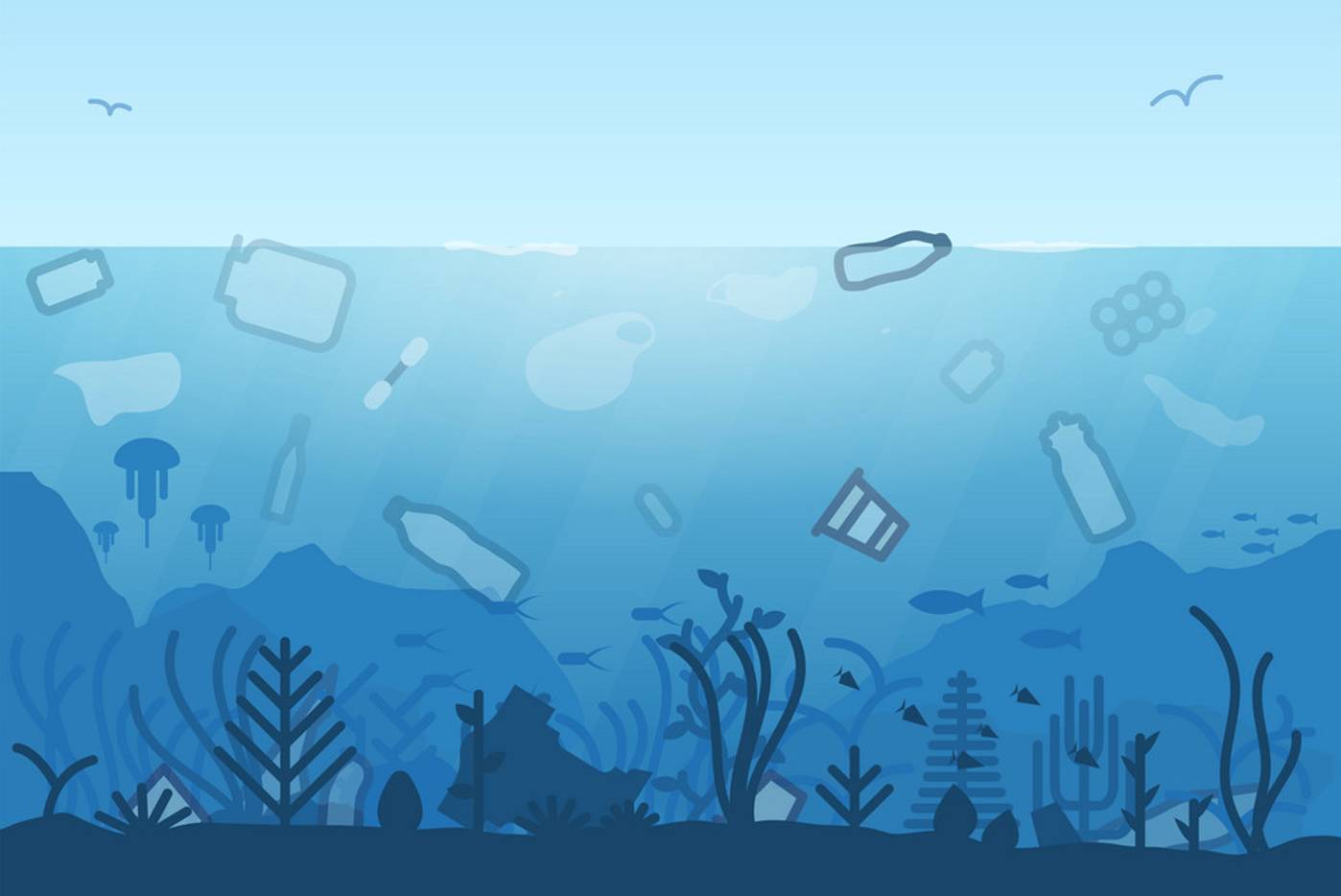
Background
This workshop is initiated as part of SWITCH-Asia SCP Facility’s assignment in support of the Government of the Republic of Maldives on the topic of plastics, particularly single-use plastics (SUP).
EU SWITCH-Asia provides a platform for partnerships and networks between Europe and Asia, supporting the implementation of national strategies and action plans on SCP practices. With the assistance of the European Commission, Asian countries are supported to transition towards low-carbon, resource-efficient and more circular economies that contribute to poverty reduction. This is done by technical assistance provided by the SCP Facility and the Regional Policy Advocacy Component at government-level, and through the Grants Programme in support of the regions’ SCP-relevant entrepreneurs and SMEs.
The objective of the assignment is to develop sustainable waste management policies and tools for minimizing and preventing SUP and improving circularity of plastics in the tourism sector that are in line with SCP and circular economy policies in the Maldivian context and supporting the Maldives SUP phase-out plan through working with stakeholders and providing technical expertise. The assignment is implemented by two experts, Mr. Helmut Krist and Mr. Midhath Rasheed.
Purpose of the workshop
The workshop is designed to bring together stakeholders, share preliminary findings and good practices on SUP management and to gather the input from stakeholders on evaluating alternatives for effective management in the Maldives.
Specific objectives
-
To present the objectives and activities of EU-SWITCH Asia SCP Facility assignment to stakeholders and receive feedback on its implementation;
-
Strengthened linkages between stakeholders, private sector, NGOs etc.;
-
Improved knowledge base and understanding on economic and policy instruments;
- Identify appropriate good practices and recommendations on SUP-handling.
Expected results:
-
A shared understanding of the issue among stakeholders;
-
Identify options and ways of collaboration;
- Definition of roles and prioritised options on how to improve the situation.



